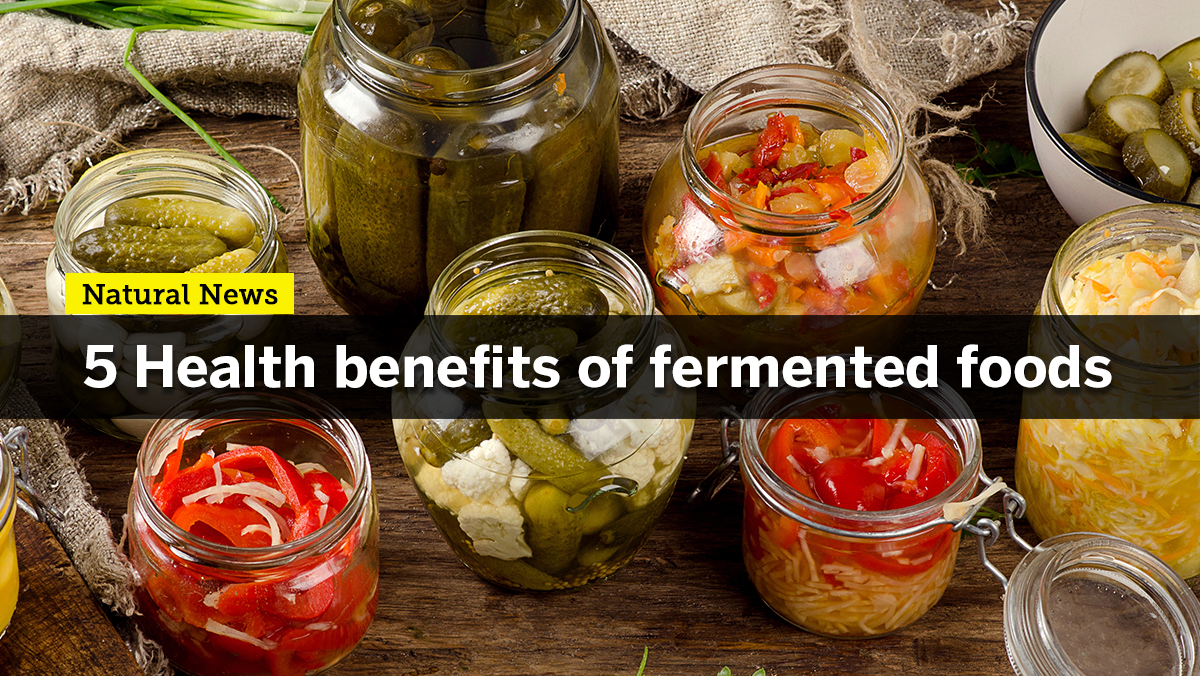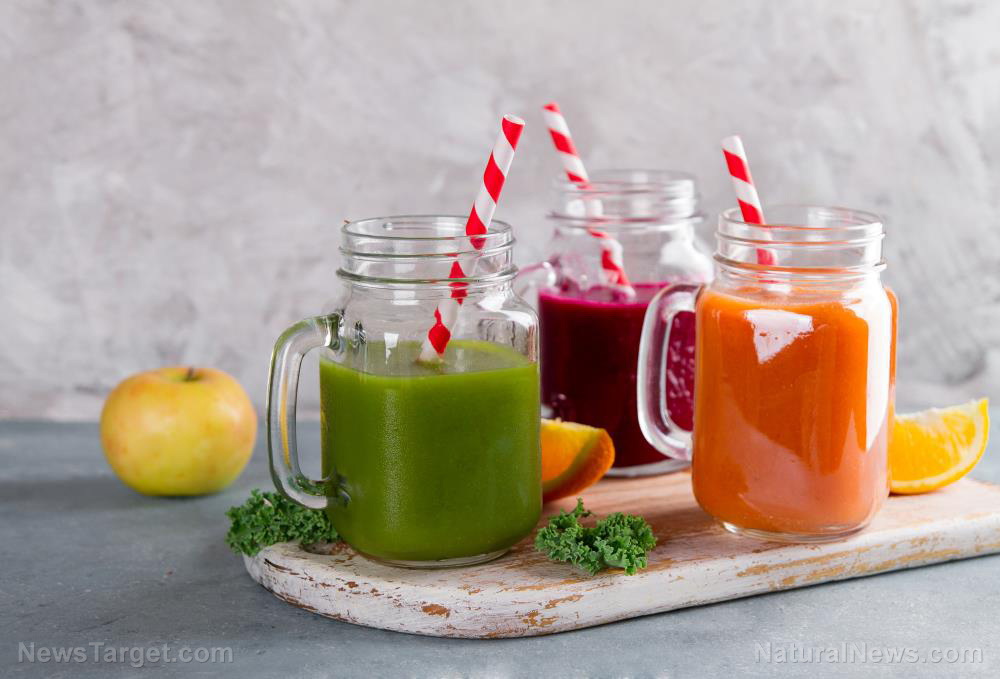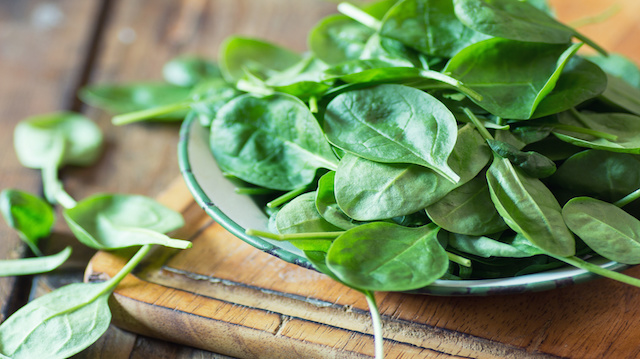Reduce inflammation, reduce disease: These foods can help
08/22/2019 / By Melissa Smith

Inflammation is your body’s natural response to infection or injury. But the same mechanism that protects you from diseases can damage your body if too much of it occurs. Today, your body is exposed to many stressors that can increase inflammation. Prevent this by eating more of these anti-inflammatory foods:
- Acai berry – Acai berry is low in sugar and is one of the most powerful antioxidant fruits. This dark purple fruit contains good amounts of healthy fats and fiber and can boost metabolism. Acai berries were found to reduce inflammation, according to a study published in the Journal of Nutritional Biochemistry. You can enjoy acai berries as a frozen puree, powder, or juice.
- Ginger – Ginger is a powerful anti-inflammatory spice. A study in the Journal of Ethnopharmacology revealed that 6-gingerol, an active component in ginger, exhibits powerful analgesic and anti-inflammatory properties, which makes ginger an effective remedy for inflammatory diseases like rheumatoid arthritis, osteoarthritis, and even migraine headaches.
- Leafy greens – Leafy greens like kale, Brussels sprouts, bok choy, cabbage, and collards are a great addition to any diet. All green leafy vegetables are packed with vitamins, minerals, and phytonutrients that help reduce inflammation and promote health. Try to eat at least two servings of leafy greens daily. You can add them to soups, sauces, and many other dishes, and you can also juice them.
- Maca – Maca is a South American root considered as a cruciferous vegetable. For thousands of years, it has been used as a vitality elixir. This food is one of the most powerful hormone regulators you can find. It also possesses antioxidants and anti-inflammatory compounds. Often available in powder form, maca is a common ingredient in Peruvian cuisine that gives dishes an earthy flavor.
- Fatty fish – Fatty fish like salmon and cod contain omega-3 fatty acids that have powerful anti-inflammatory effects. In addition, these healthy fats help maintain healthy brain function, regulate mood, improve heart health, balance hormone production, and preserve the integrity of cells throughout the body.
- Raw cacao – Dubbed as the “food of the gods” by the ancient Aztecs, raw cacao contains more than 300 compounds (many of which are anti-inflammatory), has 20 times the antioxidant power of blueberries, and is loaded with vitamins and minerals. To reap the maximum benefits of raw cacao, choose the unprocessed and unsweetened version. If you don’t want to avoid sugars, you may choose organic dark chocolate made from at least 70 percent cacao. This anti-inflammatory food is also delicious, and you can add it to homemade desserts or smoothies.
- Turmeric – Turmeric is one of the best inflammation-fighting foods you can eat. The anti-inflammatory powers of turmeric can be attributed to its active component, curcumin. Many studies show that curcumin prevents and treats arthritis, cancer, diabetes, depression, heart disease, and high cholesterol. However, the body has a hard time absorbing curcumin and other turmeric compounds. To increase the absorption of these compounds, mix turmeric with black pepper or coconut milk. (Related: Curcumin is the most widely-studied plant-derived medicinal chemical in modern science, statistical analysis reveals.)

|
Discover how to prevent and reverse heart disease (and other cardio related events) with this free ebook: Written by popular Natural News writer Vicki Batt, this book includes everything you need to know about preventing heart disease, reversing hypertension, and nurturing your cardiac health without medication. Learn More. |
When it comes to reducing inflammation in the body, it is also important to avoid pro-inflammatory foods. Focus on eliminating omega-6-rich foods from your diet – such as junk foods, processed foods, chicken, and red meat. Making healthy lifestyle changes also helps fight inflammation in the body. These can be drinking plenty of water, exercising, de-stressing, and getting enough sleep.
Sources include:
Tagged Under: acai berry, anti-inflammatory, cod, curcumin, dark chocolate, disease prevention, disease treatments, fatty fish, food cures, food is medicine, functional food, ginger, inflammation, Leafy greens, maca, nutrition, prevention, Raw Cacao, salmon, turmeric
RECENT NEWS & ARTICLES
Natural.News is a fact-based public education website published by Natural News Features, LLC.
All content copyright © 2018 by Natural News Features, LLC.
Contact Us with Tips or Corrections
All trademarks, registered trademarks and servicemarks mentioned on this site are the property of their respective owners.



















